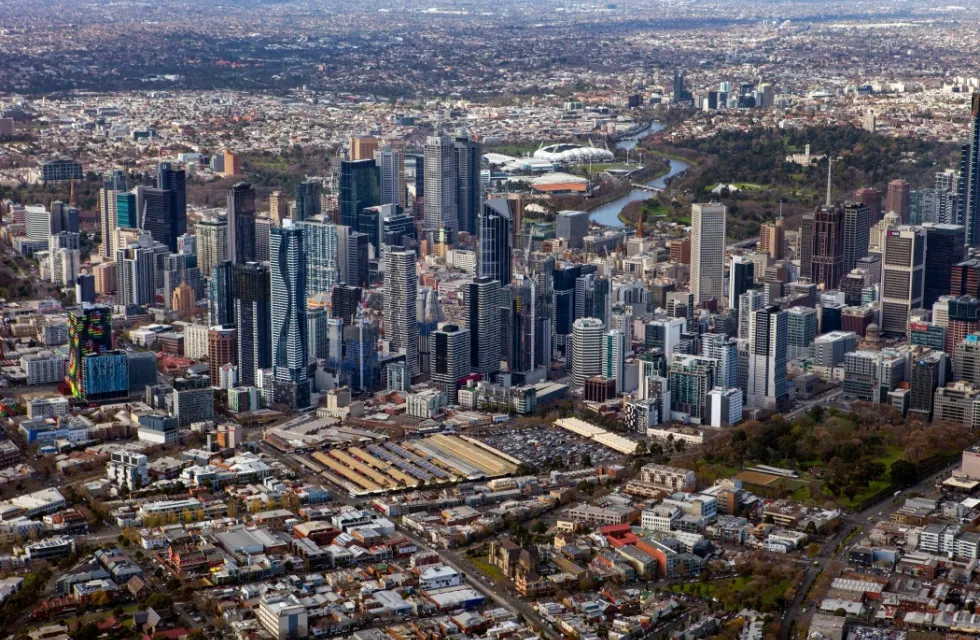Managing food waste from your business
City of Melbourne provides food organics bins at its Degraves Street recycling facility. Businesses in the Degraves Street and Centre Place precincts, or Literature Lane and Caledonian Lane precincts, can also join the City of Melbourne Food waste collection service. For more information, please contact City of Melbourne online or call 03 9658 9658.
Alternatively, you can arrange a private waste collector. To find a food waste collector visit Bins and collection services for business.
Surplus food
Quality food that would otherwise be wasted can be donated to organisations that collect and use this food to prepare meals for those in need.
City of Melbourne's Community Food Guide provides a list of food rescue organisations that you can contact to arrange a food donation.







